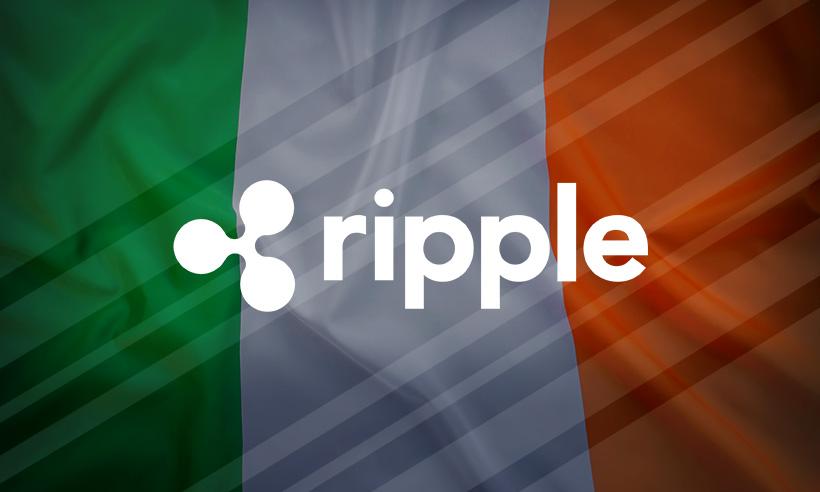Central Bank of Ireland Acknowledges Ripple's VASP Status
Table of contents
Expansion Plans and Regulatory Compliance
Post-registration, Ripple aims to extend its services across the European Economic Area after the implementation of the Markets in Crypto Assets Regulation (MiCA) at the close of 2024. This legislative framework within the European Union outlines regulations for virtual asset providers operating in the region, emphasizing the growing importance of regulatory compliance.
Operational Presence in Ireland
Maintaining an operational presence in Ireland since 2022, Ripple's registration with the Central Bank aligns with its strategic global expansion beyond the United States, showcasing resilience and adaptability in the face of evolving regulatory landscapes.
Strategic Shift Post-SEC Lawsuit
Contrary to common perception, Ripple has actively pursued expansion in diverse jurisdictions outside the U.S. This strategic shift became apparent after the U.S. Securities and Exchange Commission (SEC) filed a lawsuit in December 2020, alleging violations of federal securities laws.
Industry Confidence Boost
Eric van Miltenburg, a senior Ripple executive, highlighted the significance of regulatory clarity provided by Ireland and the broader EU, stating, "By providing regulatory clarity for the industry, Ireland – and the EU more broadly – are boosting confidence in the digital assets, payments, and fintech ecosystem."
Global Recognition and Regulatory Approvals
In June 2023, Ripple obtained the Major Payments Institution License application from the Monetary Authority of Singapore (MAS). Moreover, the Dubai Financial Services Authority (DFSA) recently approved the use of XRP tokens within the Dubai International Financial Centre (DIFC) ecosystem. Ripple also secured a majority of its 35 money transmitter licenses (MTLs) in the U.S. in 2023.
Future Trajectory
The acknowledgment by the Central Bank of Ireland positions Ripple favorably as it navigates the evolving regulatory landscape. The company's commitment to compliance and strategic global presence underscores its determination to play a pivotal role in the digital assets, payments, and fintech sectors.

